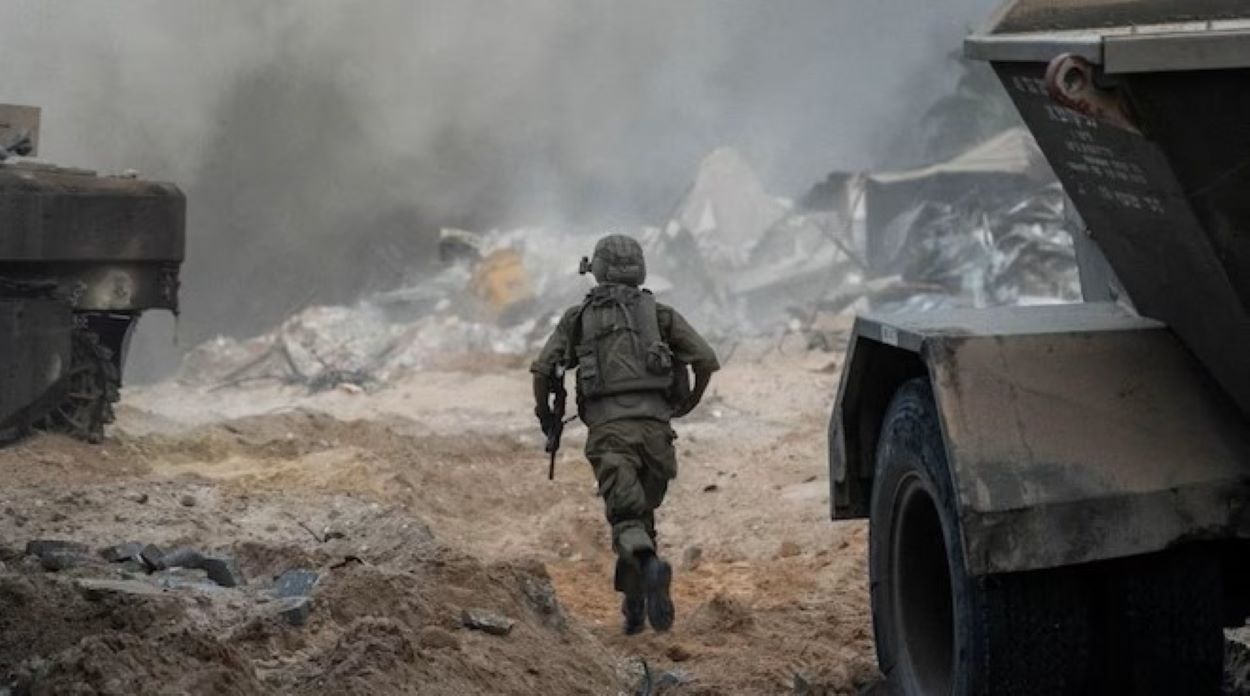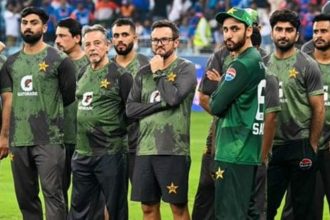Amid ongoing hostilities, Israel’s government and Hamas have reached an agreement for a four-day ceasefire. This pause in fighting is primarily aimed at facilitating a critical exchange of hostages held in Gaza and Israel. The deal also includes provisions for delivering humanitarian aid to the besieged Gaza Strip.
The ceasefire agreement is a result of concerted efforts by mediators from Qatar, with support from the United States, Israel, and Hamas. These negotiations have been ongoing for several days, with all parties indicating that a deal was within reach.
According to Israeli sources, Hamas has taken more than 200 hostages during an incursion into Israel on October 7, which resulted in significant casualties. In response, the office of Israeli Prime Minister Benjamin Netanyahu announced that as part of the ceasefire agreement, 50 women and children would be released over four days. For every additional 10 hostages released, the ceasefire would be extended by a day. The statement, however, did not explicitly mention the release of Palestinian prisoners in exchange.
From Hamas’ perspective, the agreement entails the release of 50 hostages in exchange for 150 Palestinian women and children currently held in Israeli jails. Additionally, Hamas stated that the ceasefire would allow the entry of numerous trucks carrying humanitarian, medical, and fuel aid into Gaza.
As per the agreement, Israel has committed to refraining from any attacks or arrests in all parts of Gaza during the truce. This ceasefire is particularly significant considering the extensive damage inflicted upon Gaza by Israeli bombardments, which have reportedly killed thousands of civilians and displaced a large portion of the enclave’s population.
International Response: South Africa’s Stance
South African lawmakers have voted in favour of shutting down the Israeli embassy in Pretoria and suspending all diplomatic relations with Israel until a ceasefire is firmly established. While this resolution by the parliament is largely symbolic, it underscores the international community’s concern regarding the conflict.
The decision to implement these measures lies with President Cyril Ramaphosa’s government. President Ramaphosa and his foreign ministry officials have been openly critical of Israel’s actions in Gaza, advocating for an ICC investigation into potential war crimes.






